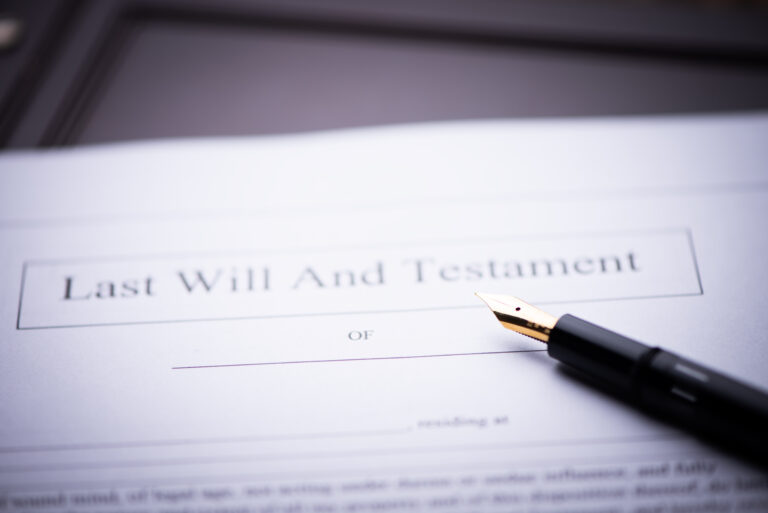It’s tough coming up with some interesting and witty dialogue for this year’s mini federal budget, when it’s exactly that, mini. There are not a lot of maximums on offer for any demographic, although the growing spending on NDIS and Defence are certainly not ‘mini’. Parents may benefit from increased spending in Childcare and more self funded retirees will be able to get the Commonwealth Seniors Health Care Card, thanks to increased income test thresholds (now legislated on Oct 28th, 2022).
There’s a new focus on building more houses, 1 million more in 5 years, to address the housing supply shortfall which will inevitably be needed with a growing population and return of migrant workers. Interestingly, almost 1 million dwellings were built in the past 5 years to March 2022 (according to the ABC) and there is perpetually a “shortfall”! I’d argue Australia actually has plenty of houses it’s just that they aren’t all available as a residence, such as beach houses, Airbnb etc, or where people want to live (regional towns)…
A big winner has been the media debate relating to the growing incentives for electric cars, except the projects to improve the charging network infrastructure really need to come first. I’ve had multiple clients since last week’s budget ask me about electric cars, more so than any other budget topic. My empirical experience is that my clients suspect that traditional fuel will only ever get more expensive, and with solar panels that are paying a pittance per kWh for grid input, they might as well pay extra for a car that can then charge in their home with lower ongoings. The downside for regions is that they’ll struggle to retain traditional fuel drivers who’s pay packets are increasingly stumping up for expensive fuel (and groceries etc etc), and without better charging infrastructure, can’t replace them with electric car drivers who fear the range limitations. So more empty houses…
The lack of budget debate on superannuation is also a win, which largely remains unchanged. There has been some renewed conjecture on how the government will meet future budget needs which means talk of tax reform; so the enormous honey pot of superannuation will likely attract attention, but how that actually plays out is mere speculation.
Overall, the budget has been pretty quickly consigned to the average person’s rear view mirror. However, if you are in the self-funded retiree category and aren’t getting the Commonwealth Seniors Health Care Card, definitely look into that; even better, give us a call and we can have a chat about your eligibility.


